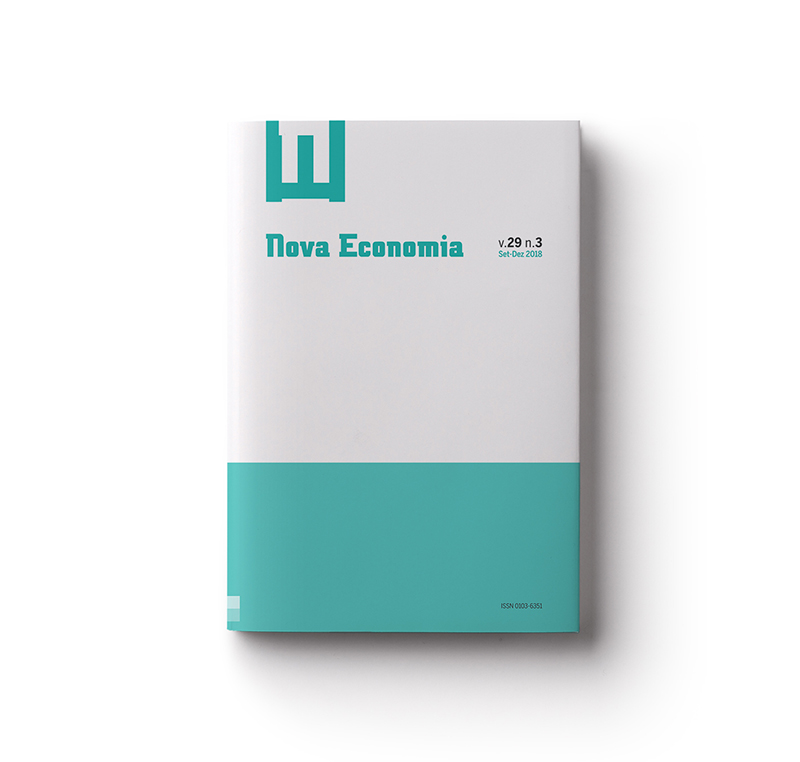Como a deficiência afeta a educação e o trabalho de jovens no Brasil
Resumo
O objetivo deste estudo é analisar como a discriminação e as limitações das atividades causadas pela deficiência podem afetar a educação e o trabalho dos jovens com idade entre 15 e 24 anos. Para isso, utilizaram-se os dados da Pesquisa Nacional de Saúde de 2013 e um modelo logit multinomial para estimar as probabilidades de o jovem estudar/ trabalhar/ procurar emprego. Os resultados indicaram que, de maneira geral, a deficiência contribui para diminuir a frequência escolar e a participação no mercado de trabalho, principalmente no caso da defi ciência intelectual. Algumas exceções foram observadas, como no caso dos jovens com deficiência visual e com deficiência física sem limitações das atividades habituais,
que apresentam maior probabilidade de trabalhar. Os homens com deficiência auditiva e limitações das atividades habituais apresentam maior probabilidade de estudar. Esses resultados podem estar associados às políticas de educação especial e de cotas de emprego para pessoas com deficiência.
Palavras-chave: deficiência, economia das pessoas com deficiência, trabalho, educação.
Downloads
Publicado
Como Citar
Edição
Seção
Licença
Autore[a]s que publicam nesta revista concordam com os seguintes termos:
- Autore[a]s mantém os direitos autorais e concedem à revista o direito de primeira publicação, com o trabalho simultaneamente licenciado sob a Licença Creative Commons Atribuição 4.0 Internacional que permite o compartilhamento do trabalho com reconhecimento da autoria e publicação inicial nesta revista.
- Autore[a]s têm autorização para assumir contratos adicionais separadamente, para distribuição não-exclusiva da versão do trabalho publicada nesta revista (ex.: publicar em repositório institucional ou como capítulo de livro), com reconhecimento de autoria e publicação inicial nesta revista.
- Autores têm permissão e são estimulados a publicar e distribuir seu trabalho online (ex.: em repositórios institucionais ou na sua página pessoal) a qualquer ponto antes ou durante o processo editorial, já que isso pode gerar alterações produtivas, bem como aumentar o impacto e a citação do trabalho publicado (Veja O Efeito do Acesso Livre).




